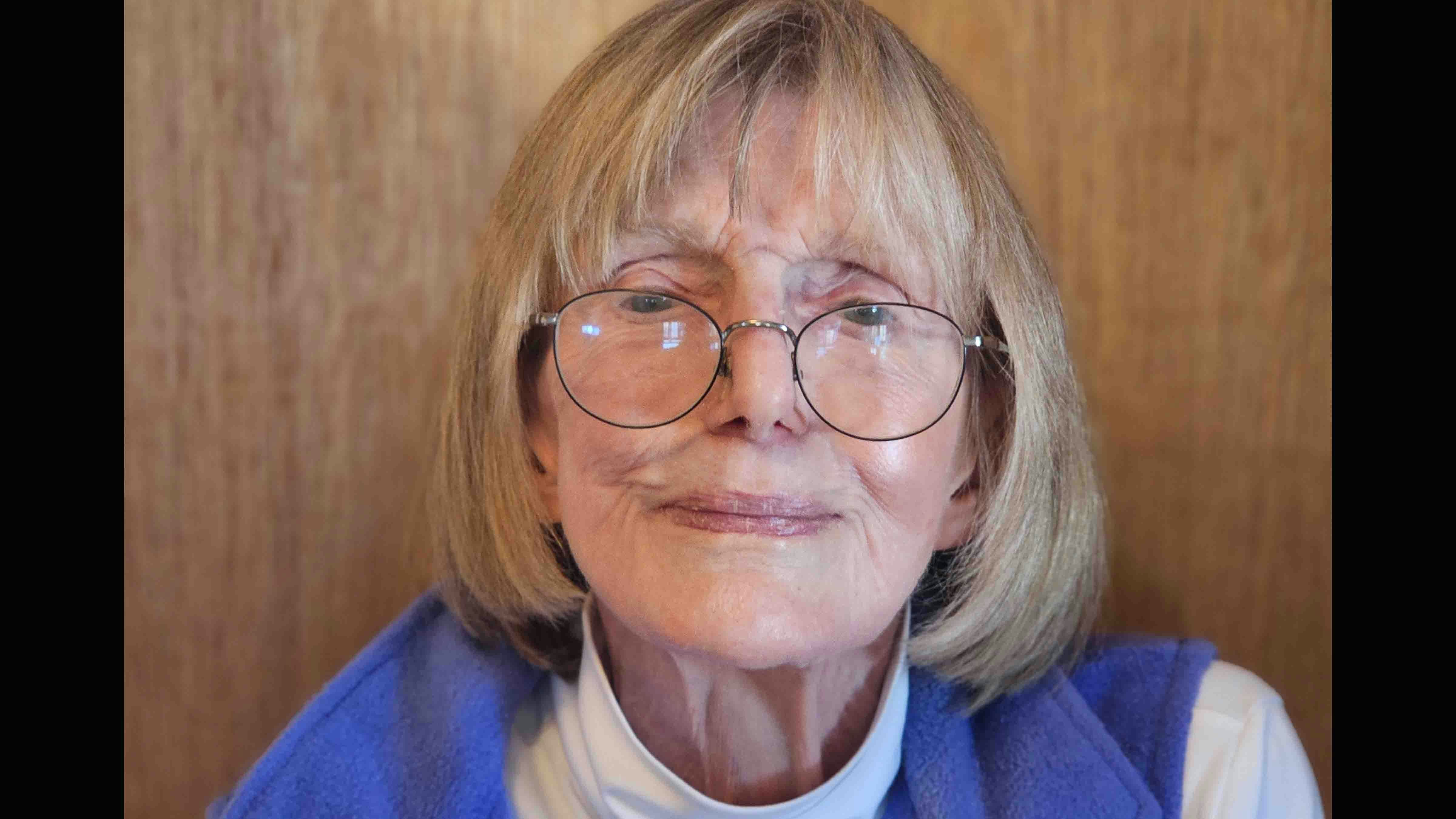CHEYENNE — The first major trial I covered as a reporter for the Casper Star Tribune drew a full house and then some.
The spectators who filled the federal courtroom in Cheyenne in 1970 were young and they supported the defendant, a young man named Randy Kehler.
Kehler to me seemed to be a martyr. He was so serene and pleasant; he smiled a lot.
He could have fled to Canada as many young draft age Americans were doing. Or he could have petitioned for conscientious objector status for his two year army stint.
Kehler took neither route out of a possible tour of combat in Vietnam which was puzzling to me.
Later I read that he was a radical pacifist who refused to cooperate with the draft. He also protested taxes and nuclear proliferation and supported social justice, according to internet sources.
He was better known as being responsible for Daniel Ellsberg’s decision to make public the Pentagon Papers. Leaked to the New York Times, the information disclosed that the U.S. was losing the war in Vietnam, contrary to the statements of the President Lyndon Johnson and his generals.
That disclosure led to deeply diminished support for the war and its eventual conclusion.
Kehler died late last month at age 80 at his home in Massachusetts.
His obituary in the New York Times makes no mention of the Wyoming federal court case or of his residence in Encampment.
The prosecutor in his Wyoming draft resister trial, meanwhile, was Assistant Attorney General Toshiro (Tosh) Suyamatsu, a decorated combat veteran of World War II.
This set up an interesting contrast in an emotional court case.—the war hero versus the draft resistor.
BothTosh and his brother, King, of Casper, served in the famous Japanese-American 442nd Regiment.
Tosh was wounded twice during campaigns in Italy and France. HIs brother King also was wounded.
During the war Japanese-Americans like their family were uprooted and shipped from the West Coast to the relocation camp at Heart Mountain north of Cody where they were held under armed guard.
Tosh once said this parents sometimes visited the detainees bringing food and other items they needed.
Tosh died in a car accident near Carpenter, east of Cheyenne, in 1994 at age 76.
Kehler had what some people would call an elite background. A New York native, he attended Phillips Exeter Academy and graduated from Harvard University in 1967 with a degree in government, according to Wikipedia.
As for the trial, Kehler represented himself although an attorney appointed by presiding Judge Ewing T. Kerr sat nearby ready to help.
But he really had no legal defense.
Retired Laramie attorney Philip White Jr., who sat through the trial, said Kehler testified that he was following a higher law. He was convicted and sentenced to two years in prison, which was the same length of time he would have saved hd he answered the draft notice.
But White said Kehler never would have been drafted anyway because he had a medical condition.
“I was impressed with his intelligence and his conscience,” White said during a telephone call Friday.
He met Kehler before his trial when he came to the University of Wyoming, where White was editor of the student newspaper, to meet with peace groups. He also corresponded with him after his imprisonment.
In his book, “Wyoming at the Mid-Century,” White wrote that the Kehler case might have been the first jury trial of a draft resister in the U.S. District Court of Wyoming since the 1944 mass trial of 63 young American men of Japanese descent who had been interned along with their families at Heart Mountain.
“Randy Kehler's situation was much different from what had happened to those men, in that he and his family had not been rounded up without any due process of law and transported to an armed internment camp.
By the same token, the Vietnam War’s effect on Kehler's generation was much different from WWII on their parents’ generation.”
“Even so, the story of the Heart Mountain resisters is an important part of the history of draft resistance in Wyoming,” White wrote.
Contact Joan Barron at 307-632-2534 or jmbarron@bresnan.net





